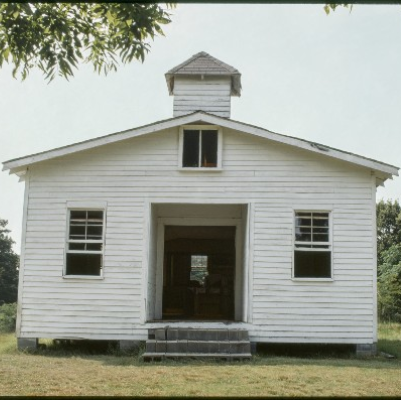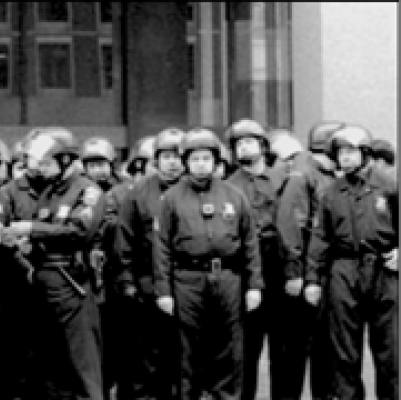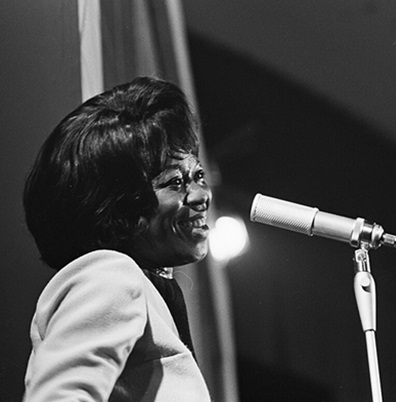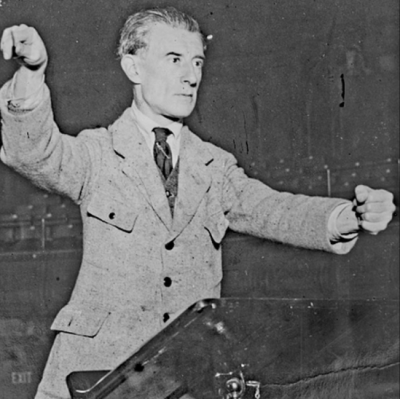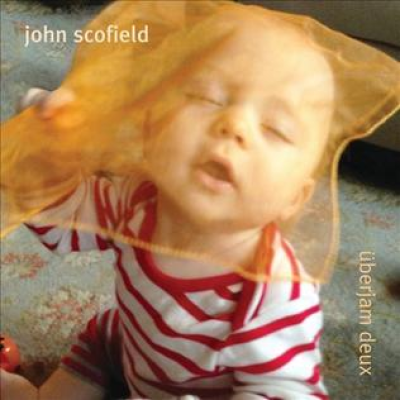.
.
“Gerry Meaghers” was a short-listed entry in our recently concluded 66th Short Fiction Contest, and is published with the consent of the author.
.
.
___
.
.
photo by Robert S.CC BY-NC 2.0
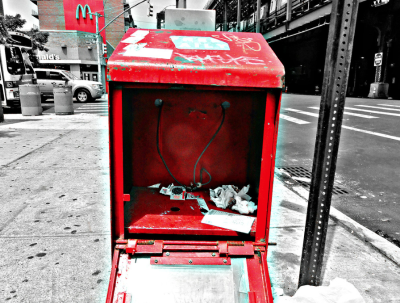
.
Gerry Meaghers
by Mark Donnelly
.
…..“I’m sorry, Gerry. If I was by myself, you could stay forever. Just chip in a couple of hundred dollars a month for groceries. But Barbara is on me about you sleeping on the couch. Her grandson is coming down from Albany State. If my Mary was still alive, there’d be no problem. She really liked you.”
…..This is what Mac, John McGreevy, said to me Wednesday morning after breakfast. His current wife had told him to have me out by today. Her grandson Robbie was coming to stay with them. He’d gotten some kind of summer job helping out at an athletic camp for kids at Hofstra University. The camp didn’t start officially until early July, but there was training in June and cleaning to get the facility ready.
…..I’ve known Mac for a long time. He hired me at Newsday as a copy editor, got to be thirty years ago. Mac’s at least ten years older than me. He retired with dignity and went out on full Social Security. Jesus, I have at least another year-and-a-half before I can collect at the minimum age of 62. They let me fucking go right before Christmas. Where am I gonna get another newspaper job at 60? They’re closing right and left or at least shutting their print divisions and just going digital. Cutbacks, layoffs. “We hate to lose you.” Yeah, sure. Well, now I’m lost, really lost.
…..So, I loaded my car up this morning with the stuff I kept in Mac’s hall closet. Wasn’t his fault. I was lucky he let me stay at his house for nearly a month after I had to give up my apartment. Mac put two twenties and a ten in my free hand just as I was leaving with my last suitcase. He rolled up my fist and closed it tight. I felt embarrassed, but Mac insisted. “Pay me back when you’re on your feet again.”
…..The building manager over at St. Elizabeth’s Church, Bob Yezitis, called yesterday. I had to get the bags I was keeping in their kitchen out today, too. Christ.
…..“I’m sorry, Gerry. We’ve got the Memorial Day party here on Monday. Lot of traffic in and out of this room. The Ladies Church Auxiliary is coming this afternoon to start getting things ready. Tons of hamburger and hotdog buns, plus all the meat and sodas. Cleaning up. The whole thing. And those bags of yours are in the way.”
…..So, after leaving Mac’s house, the church was my first stop. Three trash bags full of clothes, some books, papers. I had already filled up my trunk with the stuff from Mac’s.
…..I looked down the hall and thought back to when I was in Catholic elementary school here in this building. I remembered being excited in fifth grade in the fall of 1960 about John F. Kennedy becoming the first Irish Catholic President. We had his photos posted on the hallway walls, along with Vote for Kennedy/Johnson posters from the campaign. Things were simpler then. But now I was light years away from the blind faith I once had. Would I have been better off if I had clung to the Catholicism of my childhood and the worldview presented by the nuns in school? But I couldn’t. I grew up. The world had changed, and I had changed. Now I barely went to Mass.
…..I picked up my bags and headed to the parking lot and squashed them down on the floor of my back seat. Thank God I had a pretty roomy car. This 1979 Oldsmobile Cutlass had a lot of miles on it – 250,000 – I was hoping it would hold up.
…..For my next stop, I had to see Pete Rinaldo, who has a trailer off Old Country Road in Melville on the White Post Farm property. Pete manages the day laborers. I had stuff stored with him, too. Pete had called me yesterday and said his boss was on him about cleaning up the place, since it’s also an office, besides being Pete’s living space. Pete’s not neat. I get that. I didn’t want to get him in trouble.
…..I parked my car in the driveway next to Pete’s truck. I went up the few steps to Pete’s trailer and walked in. Pete was on the phone at his desk and ushered me in.
…..“Yeah, I’ll get back to you,” I heard Pete say and then he hung up.
…..I walked over to my stuff that was piled along the side of some gray filing cabinets with rust at the corners. I picked up my two trash bags and rolled up sleeping bag.
…..“Sorry about this, Gerry. The boss has been hassling me about straightening up the office.”
…..“I get it, Pete. I appreciate you letting me keep stuff here as long as you have. I had to get that sleeping bag anyway.” I expected to need it for the weekend.
…..“If you’re still out of work come end of the summer, I expect I can take you on to help with the corn harvest.”
…..“Thanks, Pete. I appreciate it. I hope something breaks sooner than that, but if not, I’ll circle back.”
…..“Good luck, Gerry. I still read Newsday every day and have my monthly subscription. Damn shame you getting let go.”
…..“Yeah, well, sign of the times. And I’m not getting any younger.”
…..“You and me both, pal. Listen, I gotta make some more calls or the boss will be on my ass about that, too.”
…..Pete stood up from his desk and came around. He walked me to the door. He opened it for me since my hands were full.
,,,,,“I heard the old Howard Johnson’s on Jericho Turnpike still has some pretty cheap rooms, Gerry.”
,,,,,“I can check that out. Thanks.”
,,,,,Pete patted me on the shoulder. “Take it easy, Gerry.”
,,,,,“I will, Pete. And thanks again.”
,,,,,I headed down the steps and to my car. I put the stuff on the back floor. It was a warm sunny day, and I decided to head towards the water. Looking out at Huntington Harbor usually made me feel better.
,,,,,When I hit the downtown Huntington area, I pictured an older man I used to see in the late 1960s and early 1970s who would roam around these streets with a shopping cart. He had stringy white hair and a white beard, not long and fluffy like Santa’s, but short and scruffy. And I remember he wore a black suit jacket. I gave him a buck on one occasion or another. I guess he must be long dead. Or he’d be in his 90s, if he were still alive. If he is, maybe I’ll run into him on the circuit. Maybe he can give me a few pointers about the lifestyle and how to survive.
,,,,,Gerry Meaghers and his Meager Existence. That would make a good name for a rock band.
,,,,,I continued driving north on New York Avenue till it ended by Huntington Harbor. I passed the big granite boulder on the left on Mill Dam Road that was a monument to Revolutionary war hero Nathan Hale. He had been captured by the British as a spy so long ago. Huntington Bay was where he’d come ashore. The section of town was later named Halesite. I thought of the paper for American History my junior year in high school. It was my first term paper, and I did it on the British Occupation of Huntington during the American Revolution. So naturally, I had included Nathan Hale. I learned by doing this paper that I had a great love of research, enjoying the process of going through books at the library and writing information down on index cards.
,,,,, I also was able to interview the town historian at the time, Roy Lott. He was happy to meet with me. I think he was excited to share his own interest in Huntington during the American Revolution. This was back in the spring of 1967. I interviewed him after school at the enclosed stone gazebo on Main Street at the bottom of the hill just before the old cemetery. Roy was a friendly man who I guessed to be in his 60s back then. He would be dead now for sure. I wondered where he was buried. The old cemetery didn’t seem active even when I was growing up. I never remember seeing any new stones or grave markers there. What I remember were stones from the 17th century up through the 19th century. A life-size stone statue of a Union soldier from the Civil War was outside the gazebo, as if on sentry duty. I’d always found it comforting, reassuring somehow. A solid connection to the past.
,,,,,Roy had a small office inside the gazebo and that’s where I’d interviewed him. I took down his words and included some statements in quotes in my paper. I received an A on the paper and that made me feel good – like my efforts had paid off. English and history were always my favorite subjects in school.
,,,,,I parked my car on a side street two blocks from the dock and walked over. As I gazed at the water, I wondered how far out on Long Island Sound Nathan Hale had been when he was captured. I knew he was hanged in Manhattan the next day. He was only 21. I was in my senior year in college at 21. And now I was approaching 61.
,,,,,I looked at the several boats tied up. One stood out to me as the oldest. It was all wood. The top body was a royal blue color, in contrast with the dark polished brown wood of the deck and the hull. This felt like a boat I would choose to buy if I could ever have afforded one. There was a standard blue colored tarp on the deck. No one was around on the dock, and no one was on any of the boats. It was five o’clock when I checked my watch. I wondered if the owners of these boats would be going out on trips over the holiday weekend.
,,,,,I was getting hungry and realized I hadn’t eaten since breakfast at Mac’s. I pulled out my wallet and saw the bills Mac had given me. I figured I could afford a hamburger at the Golden Dolphin diner, that I wouldn’t have to start relying on McDonald’s just yet. I had showered and shaved at Mac’s that morning, so I was reasonably presentable. I went in the rear door off the back parking lot and sat at the counter. I asked for a burger with trimmings to go and a Coke. I wasn’t feeling very sociable, so I didn’t want to eat at the counter.
,,,,,I watched the local TV news on the set above. The weather prediction for the weekend was possible rain Saturday or Sunday night. Monday was expected to be sunny. That was good. There would be the Memorial Day service at St. Patrick’s Catholic Cemetery Monday morning, and I wanted to attend. I had done it with my mom while she was alive, and I had kept the tradition going in what was now eleven years since her death. My dad would be dead nineteen years. Though he didn’t die in war, he was a World War II combat veteran, and I liked the feeling of going. I could buy a small American flag at the CVS tomorrow and put it on the grave. It had been a while since I’d visited my parents there.
,,,,,I paid for the burger and Coke and took them out to my car. As I sat eating and drinking, my earlier thoughts about Roy Lott and the stone sentry put the old cemetery in my mind as a destination. I knew there was a small parking lot on the top of the hill that adjoined the cemetery woods. It was just about 6:30 and I figured the Friday night crowd of young drinkers would not be out on the scene this early. That small lot was a spillover area for all those young people once the main lot that ran between Engler Street and Main Street filled up. I was fairly confident the hill lot would be empty at this time. I drove over and was right. I took a parking space closest to the cemetery. I had a lot of bags on the floor of the backseat from all the collecting and gathering of my belongings today, but the actual seat was still clear. I could lay my sleeping bag out after dark and lie down there, where I would be safe. Huntington was a fairly calm town, except when the drunks got rowdy. Parking off in the corner like I was and waiting till it got dark felt like a pretty good bet.
,,,,,Then I had a better idea. Why not sleep outside under the canopy of trees in this old cemetery? I could go in about thirty or more feet and lay the sleeping bag down among the graves of the Revolutionary and Civil War dead. It would certainly make for a quiet night, and I loved the connection to history. If the weather holds out, I could try for a spot under the blue tarp of the blue boat in the harbor tomorrow night. I could pretend I was on vacation. After all, this weekend marks the unofficial start of summer.
.
.
___
.
.

Mark Donnelly is a professional writer of prose, poetry and drama. He had several short stories published in anthologies by Pure Slush Books in 2023 and 2024. Another story was published in the January 2024 issue of The Mobile Library by Aerogramme Center for Arts and Culture. His “Poem for Bill Evans” was published in JerryJazzMusician in 2023. Mark has an M.F.A. in Creative Writing from Brooklyn College. He relocated to Davis, California from New York City in 2021.
.
___
.
.
Click here to help support the continuing publication of Jerry Jazz Musician, and to keep it ad and commercial-free (thank you!)
.
Click here to read “Not From Around Here,” Jeff Dingler’s winning story in the 66th Jerry Jazz Musician Short Fiction Contest
Click here to read more short fiction published on Jerry Jazz Musician
Click here to read The Sunday Poem
Click here for information about how to submit your poetry or short fiction
Click here for details about the upcoming 67th Jerry Jazz Musician Short Fiction Contest
Click here to subscribe to the Jerry Jazz Musician quarterly newsletter (it’s free)
.
.
.
___
.
.
Jerry Jazz Musician…human produced (and AI-free) since 1999
.
.
.






